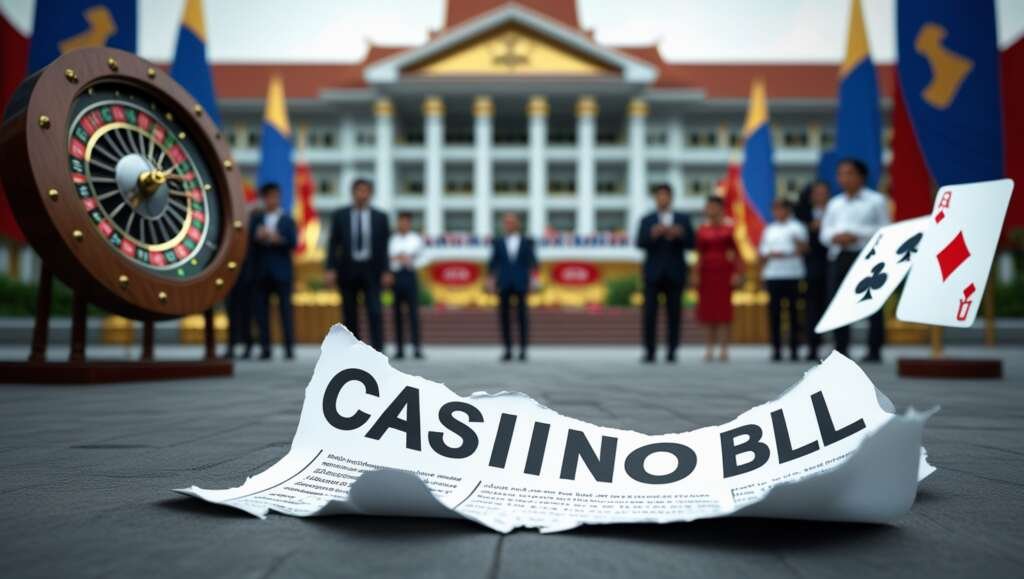On Tuesday, Thailand’s Constitutional Court suspended Prime Minister Paetongtarn Shinawatra—an advocate for developing casino resorts in the country—while an ethics probe is underway.
The relatively new leader, who has held office for less than a year, is facing backlash for allegedly prioritizing Cambodian strongman Hun Sen’s interests over those of her own military.
Border Clash Ignites Political Firestorm
The controversy began in May, when troops from Thailand and Cambodia engaged in a deadly clash along a contested stretch of the border near the Emerald Triangle. A Cambodian soldier was killed during the incident.
Tensions escalated further after a leaked 17-minute phone call from June 15 surfaced, in which Prime Minister Paetongtarn Shinawatra was heard criticizing a Thai army commander’s handling of the skirmish. She claimed the officer “just wants to look cool” and warned that his remarks were “not beneficial to the nation.”
In the same conversation with Cambodia’s former prime minister Hun Sen—whom she referred to as “uncle”—Paetongtarn stressed her desire for peace and said, “If you want anything, just tell me, and I’ll take care of it.”
The call triggered widespread outrage across Thailand. Thousands of protestors gathered at Government House in Bangkok, calling for her resignation. According to the Bangkok Post, her approval rating plummeted to just 9.2%.
While Paetongtarn issued an apology, she defended the call as a form of “negotiation tactic” and described it as “political theatre,” not a betrayal of national interests.
If removed from office, the 38-year-old would become the fifth Thai prime minister in 16 years to leave under pressure—following a path once taken by her father, Thaksin Shinawatra, who was ousted in a 2006 coup.




